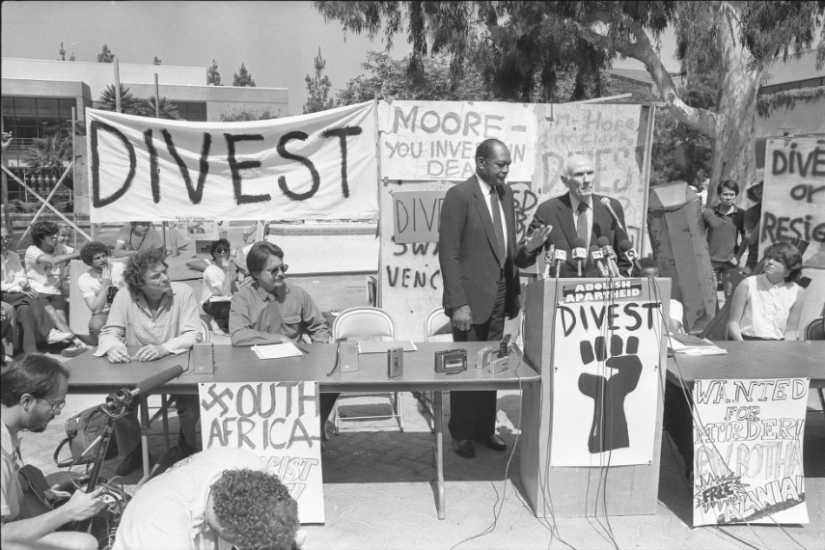Corporate boycotts made headlines for the second time since October in the wake of the recent high school shooting in Parkland, Florida. After nineteen-year-old gunman Nikolas Jacob Cruz opened fire, killing seventeen people and injuring at least fourteen others, students and other activists from across the country took to the internet with #BoycottNRA. In the weeks since, Delta Airlines, Hertz, and many others have announced their intention of cutting ties with the gun advocacy group.
But how effective are boycotts? Should we be celebrating the corporations joining #BoycottNRA? Or should we be skeptical? While certainly not alone in deploying boycotts as a political tool, African Americans have much to contribute towards answering these questions. Boycotts, while often effective in the short-term at generating publicity, do not always produce the results their originators intended.
Deployed by anti-racist activists as far back as the abolition movement, boycotts have long featured prominently in African American freedom struggles. During the civil rights movement, boycotts were a prominent tool used by students, consumers, and civil rights leaders to combat discrimination in public and private life. Among the list of well-known boycotts was the Selective Patronage Movement led by Rev. Leon Howard Sullivan and his group of self-titled 400 ministers targeting local businesses in Philadelphia. Inspired by the national attention garnered by the Greensboro, North Carolina, sit-ins, which began in February 1960, the Selective Patronage Movementsucceeded in opening up an estimated 2,000 new skilled jobs for African Americans in the city.
The Selective Patronage Movement was widely heralded as a victory for the civil rights movement and was replicated by other organizations across the country including Martin Luther King Jr.’s Southern Christian Leadership Conference (SCLC), but other boycotts revealed tensions between African Americans. In the summer of 1971, the Oakland Black Panther Party (BPP) announced a picket of Black-owned liquor stores following the latter’s refusal to contribute $10.00 per week to the BPP’s community programs. By way of explanation, BPP co-founder Huey P. Newton claimed that by refusing to donate to the program, Black businessmen were acting “in cahoots with racist police departments and white racist monopoly capitalists.”3 In other words, from the BPP’s perspective, Black businesses must support their community programs as proof of their commitment to dismantling white supremacy.
